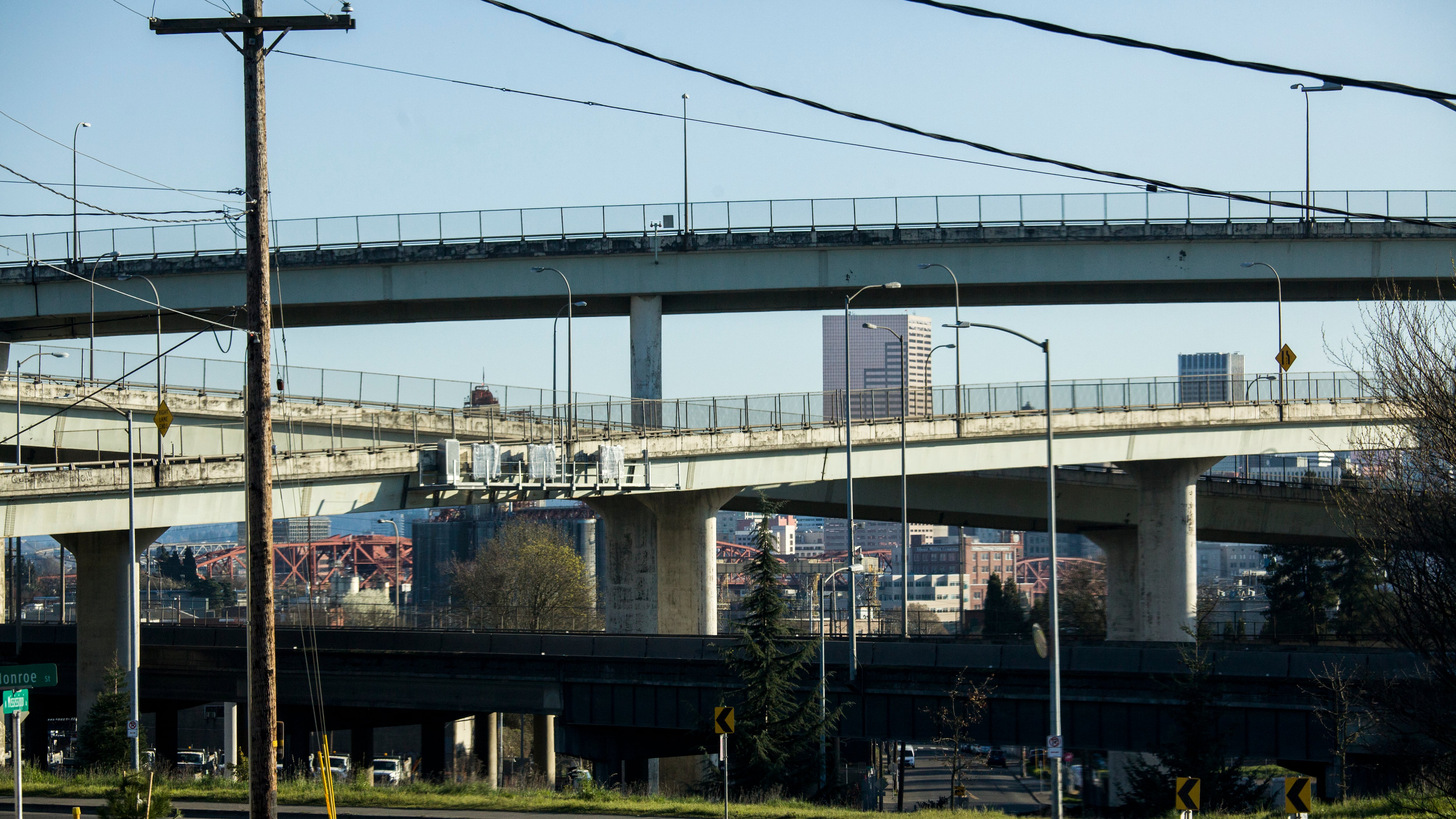Dominique DeWeese says he's been racially profiled more times than he can count, starting when he was a young boy—but an incident this July was so egregious it prompted him to file a lawsuit.
DeWeese, a 37-year-old Black man, drove to the gas station Jay's Garage on Portland's Central Eastside to pick up gas for yard work on July 28.
He says an employee began asking questions about what DeWeese planned to do with the gasoline.
"First thing he said is, 'Are you one of those protesters?'" Deweese says, "I took out my camera and started recording and asked questions."
The video shows the employee, an older white man with straight white hair, talking about the news. The man says he is doing his part to make sure people don't have the means to start dumpster fires at protests, appearing to imply that is what DeWeese planned to do.
DeWeese asks, "So are you picking and choosing who to give gasoline to?" The employee responds, "That's right."
"I'm trying to understand why I can't get gas," DeWeese says. The employee responds with: "Two blocks left, you can."
DeWeese says he's been profiled so often, it was second nature for him to pull out his phone and document the incident as evidence. At the end of the video, the owner tries to offer him gas but what for is inaudible, and DeWeese told the employee that now, he's not giving him his money.
Jay's Garage did not immediately respond to a request for comment.
DeWeese's attorney, Greg Kafoury, says this is one of about a dozen cases this year where Black people are taking legal action for extreme racial bias—incidents Kafoury says are occurring at a higher rate than in years prior.
"One way to deal with racism is to punish it and make it costly and that in the long run it tends to change people's attitudes," Kafoury says.
The Oregonian first reported three incidents raised by Kafoury, including the case involving DeWeese and another in which a Walmart employee allegedly told a Black customer she does not serve "Blacks."
Kafoury said a powerful way to make companies change this type of behavior is through financial threats.
DeWeese believes politics play a huge role in what's going on in communities, especially amid President Donald Trump's consistent use of racist rhetoric. "People wear racism like a badge."
He decided to file a lawsuit because he wants this company and the person who refused service to him to be held accountable for these actions. He is filing a $350,000 complaint for discrimination.
"Filing lawsuits changes policies. People are going to have to make companies more equitable and if they don't, they will be held liable," DeWeese says. "I was so uncomfortable and hurt by what was happening. It's becoming normal. I am very worried it's going to happen again."
DeWeese manages the Oregon Robotics Tournament & Outreach Program and has three daughters. He says it's difficult to explain what happened to him to his children. He worries they will also probably deal with the same things growing up if things don't change.
"You have to explain that to them and make sense of it, but it's hard to make sense of something that doesn't make sense," DeWeese says, "It's traumatic thinking about them going out in public."
